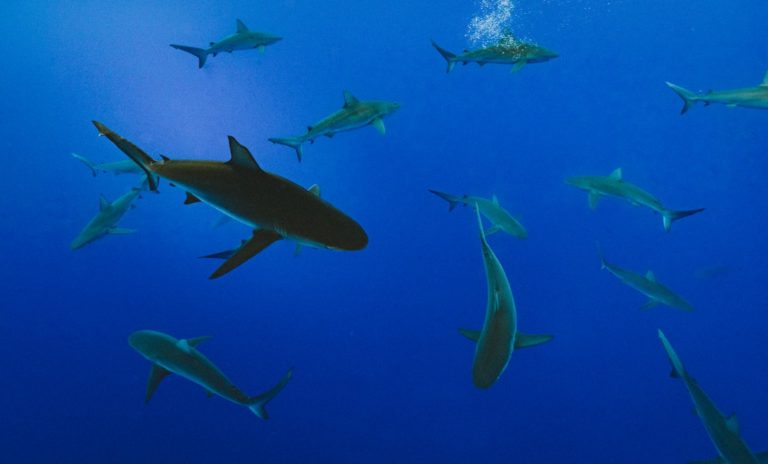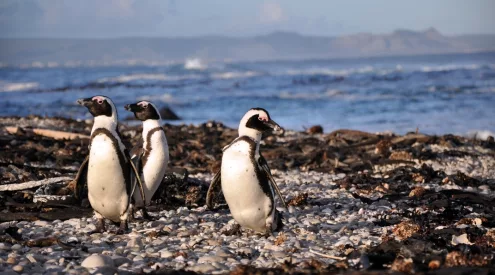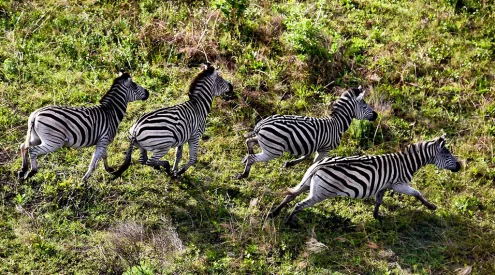A study has revealed that some unknowing pet owners in Singapore are feeding their cats and dogs pet food that contains traces of meat from various shark species – some of which are endangered.
Through DNA analysis, scientists tested 144 samples of 45 pet food products from 16 brands in Singapore in the study done by the country’s Yale-NUS College.

Picture: Getaway gallery/ Save Our Seas Foundation
Of the samples, roughly a third contained shark DNA. The most identified species were silky shark, blue shark and whitetip reef shark. According to the International Union for Conservation of Nature (IUCN) Red List, the silky shark and whitetip reef shark are both listed as Vulnerable and the blue shark as Near Threatened.
‘DNA barcoding has confirmed that the squalene in some pet food products and cosmetics is derived from sharks, such as the hammerhead shark (Sphyrna lewini), that are listed as endangered by the IUCN,’ the study reads.
None of these species were listed on the packaging. They found that most products used general terms like ‘fish’, ‘ocean fish’ or ‘white fish’ on the labels. Some did not even list fish at all. ‘These all-encompassing terms eliminate the consumer’s ability to make an informed decision about which products they wish to purchase and use,’ the authors added.
‘The majority of pet owners are likely lovers of nature, and we think most would be alarmed to discover that they could be unknowingly contributing to the overfishing of shark populations. Sharks are important for the balance of the ocean food chain, yet shark populations are still being overfished globally. This has a knock-on effect which has already affected coral reefs and seagrass beds.’
Although the sale of shark fins has been widely publicised, the authors say that the use of shark products in commonly used items such as pet food is an unspoken contributor. The study suggested that the meat used in the products might be taken after the fins are removed from discarded carcasses. It could also show an increase in the trade of shark meat.
There are currently no specific rules on labelling in the country, so a large variety of endangered species can easily be included in the products with no legal repercussions. An ecologist at the University of Exeter, Dr Andrew Griffiths, said that ‘You could be unwittingly getting just about any fish.’
To see the findings you can read the journal Frontiers in Marine Science.
ALSO READ















